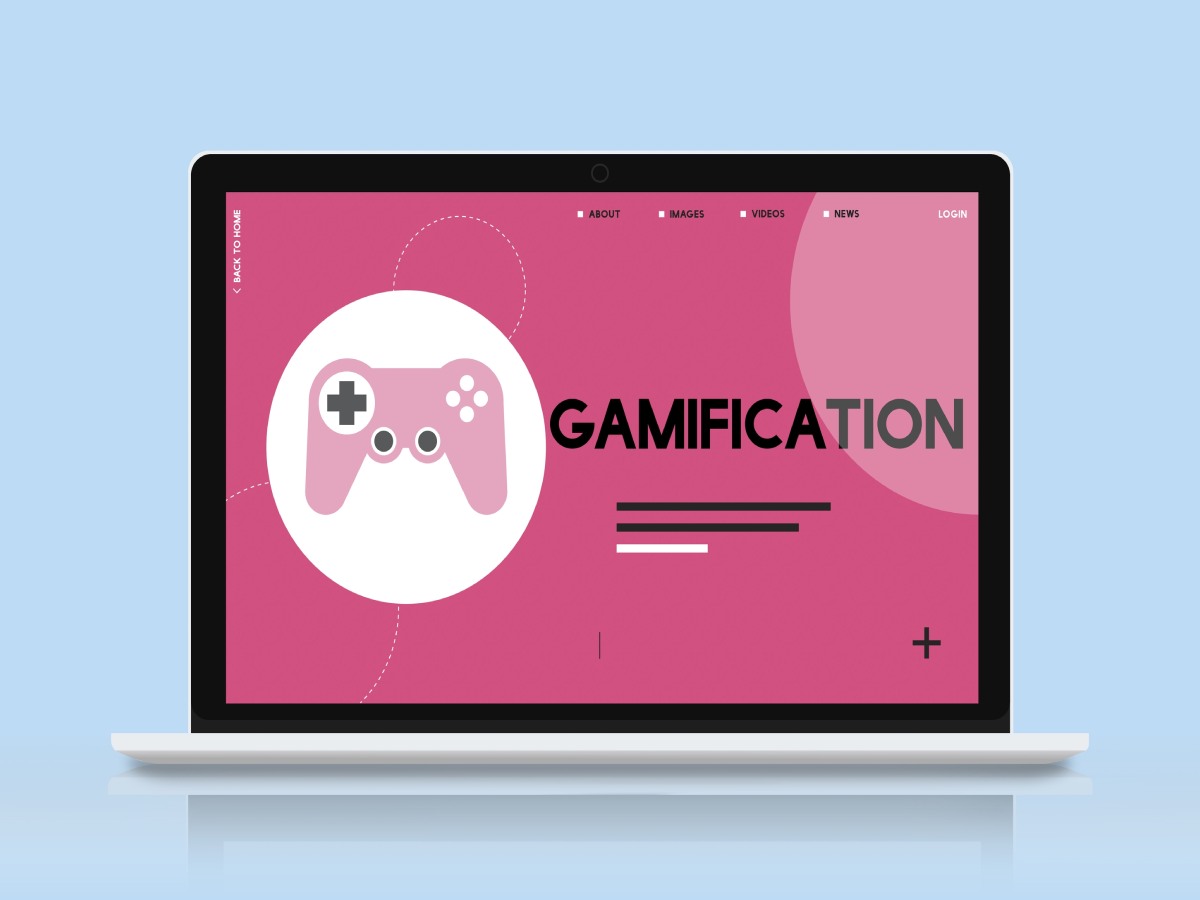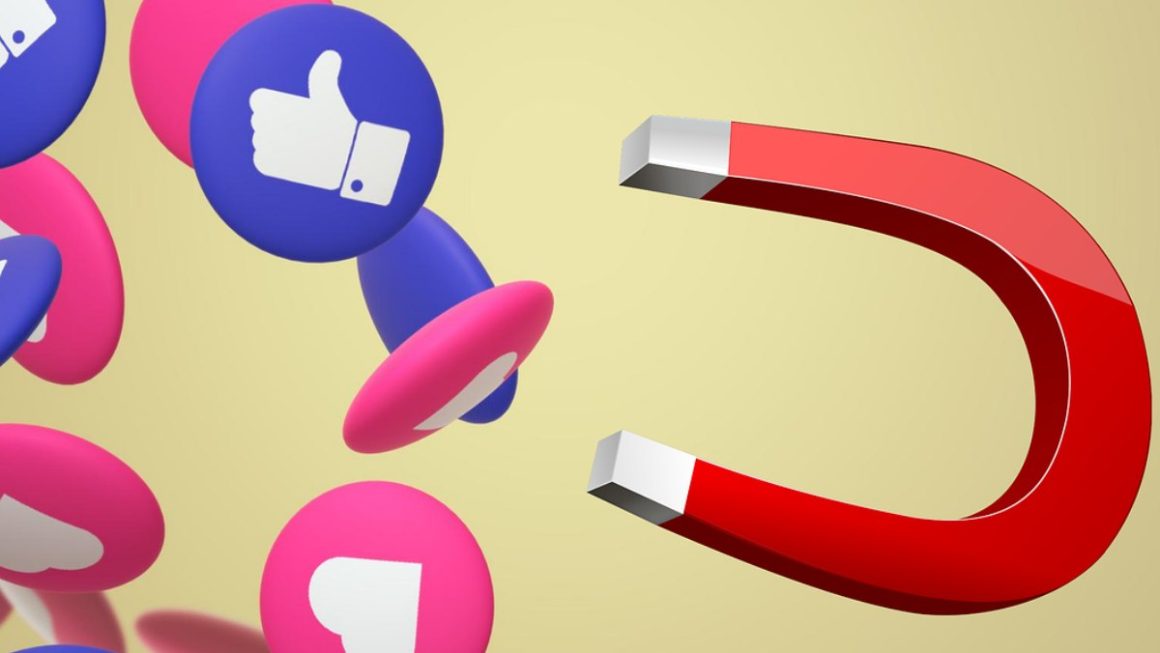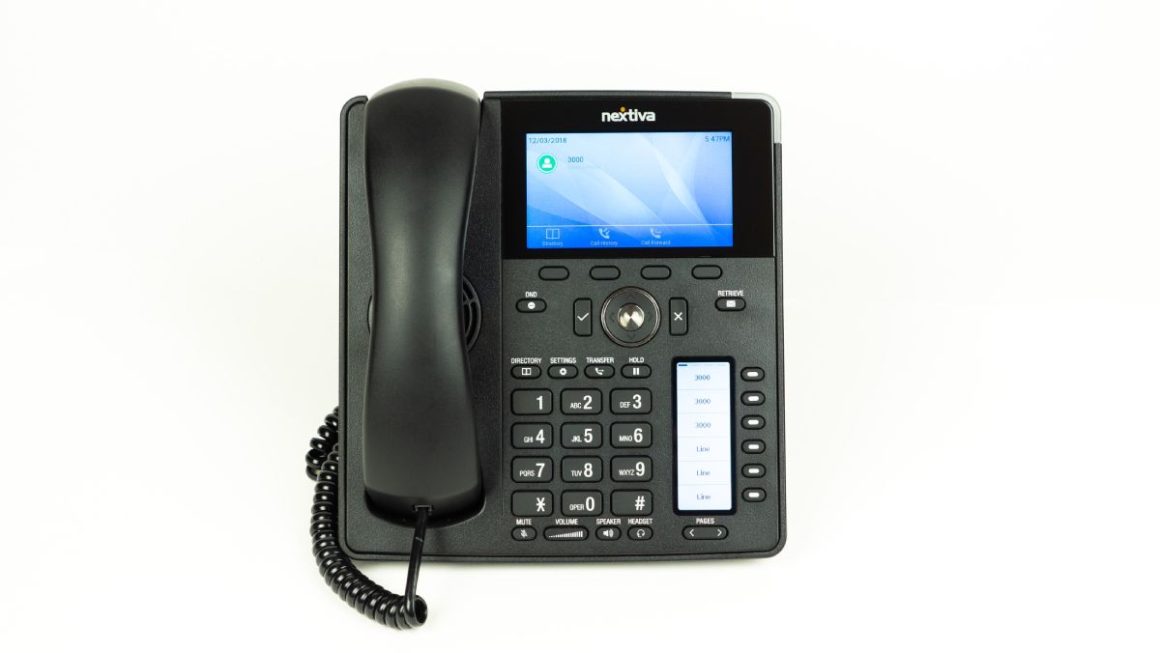You may have already heard of it. Gamification is a term increasingly present in the business world. The principle is simple: it’s about setting up game mechanics in a company, but beware, not just to play. But for what purposes? With what results? We’ll tell you more.
Table of Contents
What Is Gamification?
The simple definition of Gamification could be the incorporation of different mechanisms straight from games with elements that are not fun at the base. This single definition only includes some of the subtleties included in the term. Thus, Gamification can include a severe game section (the game is used for serious purposes) combining serious content and a playful video scenario. This can be used for teaching, information, or training purposes.
Different advantages are then present in using Gamification in business. They are ten in number.
- Encourage the personal investment of employees. Playing is well known for being a tool favorable to commitment and, therefore, to everyone’s investment. The collaborator will feel like an essential element and will be able to show what he is worth. He will thus be integrated into a team and will find pleasure in participating.
- Strengthen the spirit of cohesion. Even if Gamification is not intended to be fun, there is always an enjoyable aspect to playing. During this informal time, employees can forget the daunting daily tasks. The team members will thus be able to share things other than work and get to know each other better. The game will be a friendlier way to get to know each other without the diktats of work.
- Improve well-being. Colleagues are then freer and can express themselves freely. This will improve the atmosphere and contacts.
- Foster cooperation between colleagues. There are many types of games. And cooperative games, in particular, are great for improving teamwork. The collaboration will thus be increased during the game but also afterward. So it uniquely promotes teamwork. They will thus be able to set up an optimal distribution of work, develop communication and develop their team spirit as well as possible. By playing, they will be able to transpose what they do in the game to the field of work and see that it is essential for a company to function at its best. They will have to consider individual skills and make the best use of them.
- Stimulate creation and innovation. Playing is a way to stimulate participants’ creative spirit and skills. Starting from this premise, the game will help develop the creative process. Colleagues will work together on a project to achieve the best success. Innovation is at the heart of Gamification, and this will make it easier to introduce an optimal culture of innovation. The game will also allow participants to expand their thought systems. This will make it easier for him to turn outward.
- Improve skills in the field of training. Gamification is an excellent tool in this area. The Gamification of training will offer many advantages to the trainer. The learner will have more fun. It will also better retain the information transmitted.
- Improve motivation. By establishing a system of rewards (but also of levels), players will be more motivated. Productivity will therefore be improved, as well as employee satisfaction. Performance will also be improved, and each “player” will be more efficient.
- Develop a results-oriented mindset. Motivating is a good thing, provided that this motivation remains long-term. Challenging performance will then allow you to develop your autonomy and, therefore, your motivation. The results of the games put in place must then be clear and easily understandable. It will therefore be possible to create a ranking for everyone to surpass themselves.
- Develop a culture of feedback. Giving feedback on a successful mission allows players to know where they are and follow the progress of a project. When the collaborator works well, he is rewarded immediately. He, therefore, does not have to wait for a potential meeting to find out where he is and receive “his reward.” It’s immediate. And immediate recognition has the effect of strengthening motivation.
- Develop the ability to behave in certain situations. Gamification can also offer quality soft skills development. Play will then make it possible to develop behavioral skills that it will be possible to reuse daily in the context of work (but not only). Leadership, communication, stress management, negotiation skills, and adaptability will be valued.
What Is The Purpose of Gamification?
As we know, playing can be very useful for having fun. But in the case of Gamification, that’s not the only goal. The goals can be summed up in user engagement and user experience.
This goal can be achieved through 6 objectives:
- Put or put people back at the heart of the company. The player is put at the center of Gamification via a qualitative experience.
- Transmit a message that will obviously be more playful and involve the players (and, therefore, the company’s employees). It will thus be possible to transmit the company’s values more efficiently, for example, so that they appropriate them more quickly.
- Motivate his troops via a positive psychological effect. This effect can also impact performance.
- Strengthen the feeling of belonging and therefore retain employees, but also customers. The game can lead them to commit more and invest more.
- Enable new behaviors to be adopted. The game can indeed accompany an employee who must change his behavior or his habits without taking this as a punishment.
- Accompanying changes without trauma. When there is a reorganization or a new strategy to implement, the game can be used to present these innovations more quickly.
Even before seeing the advantages of Gamification, it is essential to note that it is by no means a miracle solution. Not all employees will feel fulfilled and perform better even using this system. Gamification will improve things but only solve some of the problems. It’s essential to rely on something other than this tool when something goes wrong. Once this is understood, let’s see the many benefits that can be derived from this practice.
What Is The Purpose of Regulatory Monitoring?
To follow the standards and regulatory texts put in place in the field of business, you have to take a serious look at what is called regulatory watch. This concerns different areas: safety, law, ISO standards, health, work, training.
We can only do something, even when it comes to Gamification. It is, therefore, essential to follow the rules and for this to carry out a watch. It will then be necessary to keep abreast of the new rules immediately.
The Importance of Gamification in Digital Marketing
Gamification also has a different purpose: to make the customer experience more interactive and fun, to convert prospects, to increase its visibility, but also to collect data, and finally, of course, to retain customers. The Gamification of marketing will also integrate the games’ elements into the various marketing operations. Gamification can then define a new relationship with customers and potential customers. The developers will then work with the tools used in video games to optimize the marketing operations put in place.
We can thus find online games, quizzes, or even contests. For an optimization of Gamification, it is imperative to use the internet. It will thus be possible to access the games via a computer, a tablet, or a smartphone. The goal will be to capture and retain the attention of prospects and to facilitate understanding of the offers put in place. Digital marketing is a field that evolves very quickly, so it is essential to call on a professional who has acquired the right basics. Some courses, such as the MBA in digital marketing, allow students to specialize in this area.
Again, one can find many advantages in using this tool for marketing. There are four main ones:
- Reinforce the knowledge of the customers via the interactions set up during the games.
- Reinforce customer loyalty via a positive feeling (obtained by rewards which will themselves allow interactions to continue).
- Strengthen the bond between business and customers through a more engaging experience.
- Strengthen the company’s reputation and visibility through well-thought-out Gamification that allows users to exchange on social networks.
How Can You Integrate Learning Gamification Into Your Business?
Gamification has become more and more successful within companies in recent years. Methods and practices hitherto reserved for games have found new uses. We can thus find them in large numbers in the event sectors, in the HR sector, or even for business. Serious games have now become versions of games for pros that are widely used in these settings.
Considered to date as a tool of the future for companies, Gamification must, to be effective, include three elements (according to BJ Fogg, the experimental psychologist at Stanford University):
- Motivation
- Ability
- Trigger
To motivate “one’s troops,” it will be necessary to trigger the desire to win, to take up and accomplish a challenge, and to learn (Gamification of learning). Initially, it will be necessary to facilitate achieving these objectives to encourage employees. They can go to the end without being discouraged and take it for a game.
We can then take into account three dimensions to facilitate the organization of the game:
- The persuasive dimension that will highlight a message via an audio element or a particular message
- The informative dimension allows interaction with the message
- The educational (or demonstrative) dimension has the function of training the collaborator-player.
Integrating Gamification can be done according to different game mechanisms to be resumed. The game is, therefore, a significant ally in improving a company’s performance. It will then be essential to put different mechanisms in place to take advantage of the advantages of Gamification. Among these steps, it is essential not to neglect the following:
- A points system to develop the value of employees
- A system of rewards to display the recognition of the organizers. These rewards may entitle you to additional benefits or levels of play
- A system of badges that will show that the next level has been reached and make you want to progress further
- A ranking system that will clearly show everyone’s progress
- A level system for players who will try to reach a higher status (it may then be helpful to indicate the following levels for even more motivation)
- A feedback system that allows you to have an immediate view of what has been successful (or not) and progress in the game
- A system of both individual and collective challenges so that everyone can feel victorious
- A social dimension thanks to the game will allow group cohesion and unite employees
- The setting up of an avatar, finally, with which the player will identify and which he will keep throughout the game.
As for the integration of Gamification for optimal marketing, several steps are again essential:
- The definition of objectives
- Identifying the target audience
- The choice of games to set up
- The creation of a suitable scenario
- Optimal integration of Gamification into the marketing policy.
Also Read: Why Unite Gamification, Marketing, And Technology?




